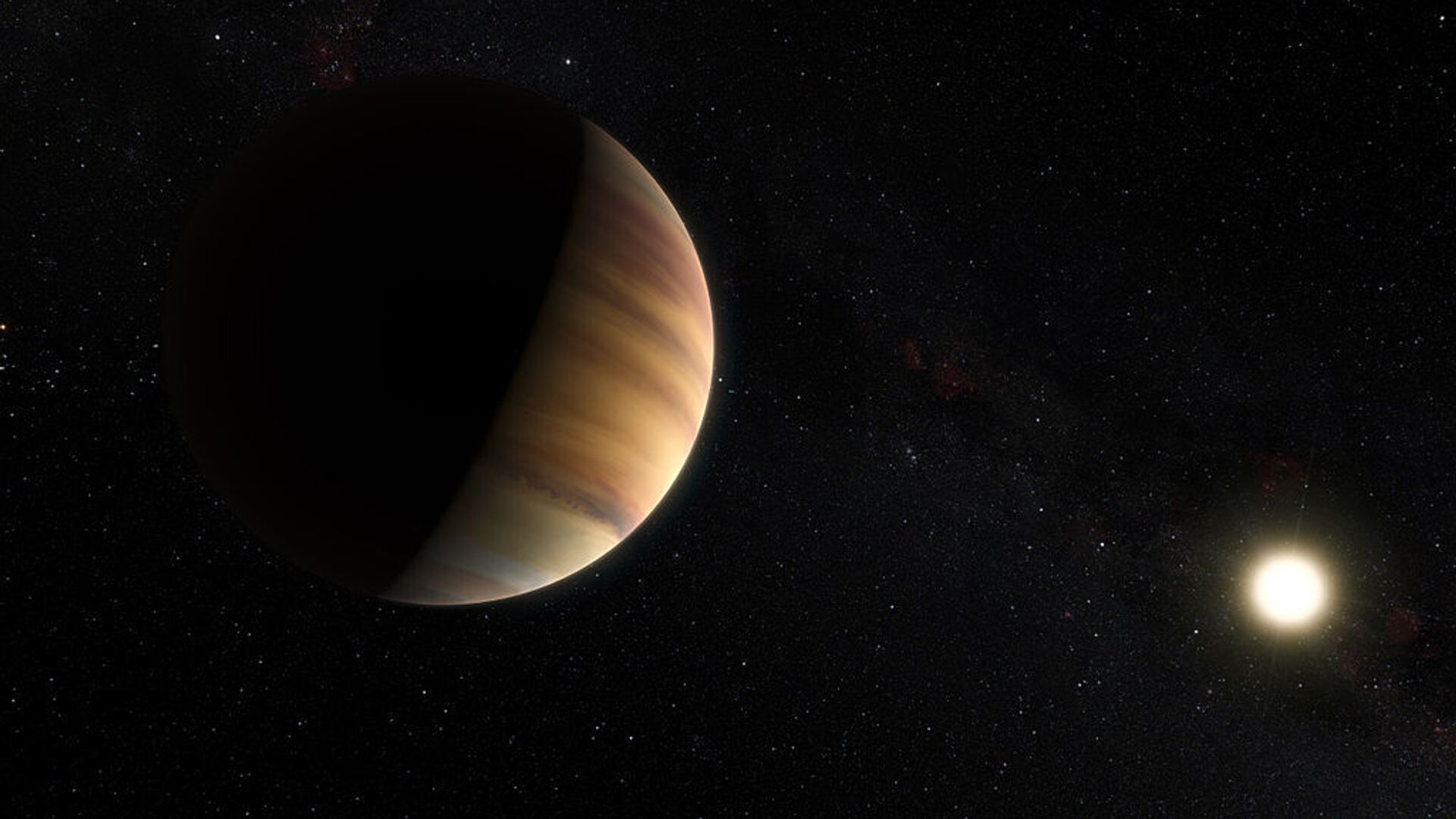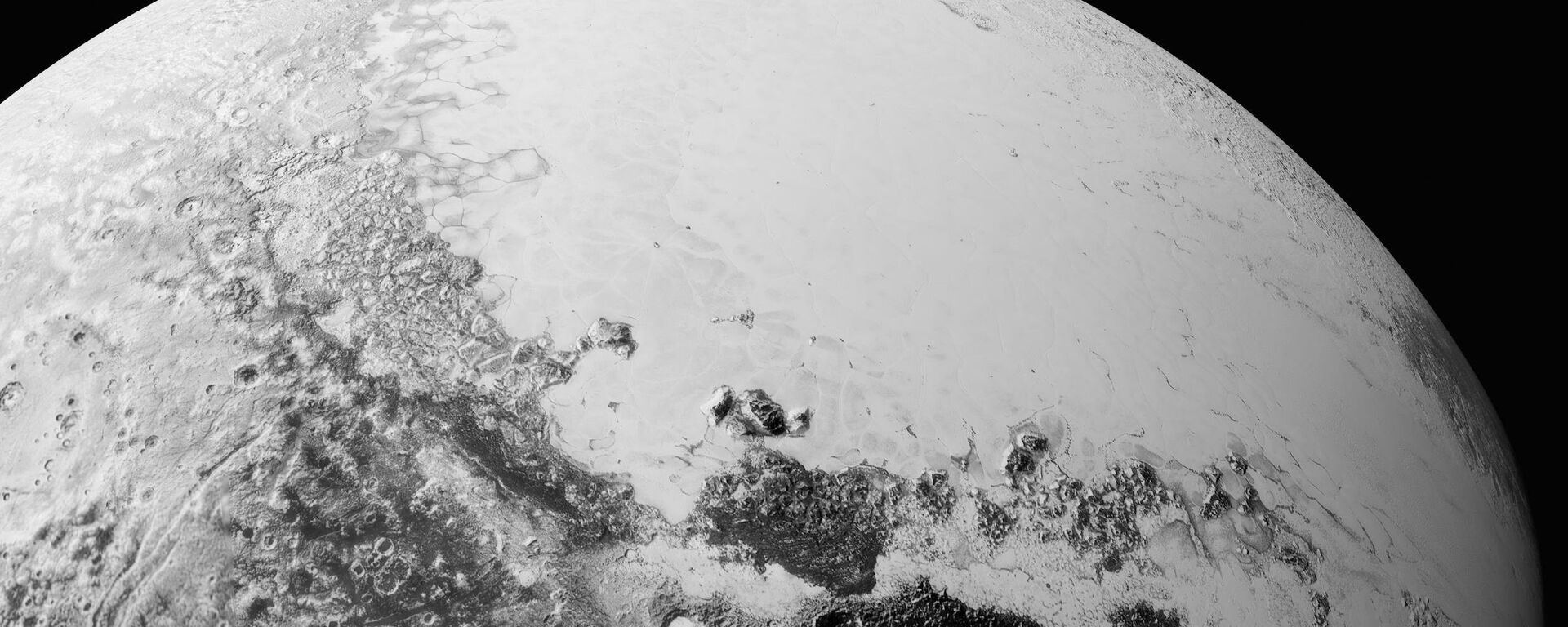Liquid Prerequisite for Life Could Exist on Planets Unlike Earth, New Study Claims
17:43 GMT 28.06.2022 (Updated: 18:11 GMT 28.06.2022)
Subscribe
The lead author of the new research even suggested that, in certain conditions, radiation from a star similar to our Sun “is not even necessary for conditions to prevail at the surface that allow the existence of water”.
A team of researchers from the University of Zurich, the University of Berne and the National Centre of Competence in Research (NCCR) PlanetS postulates that liquid water, an essential ingredient in the development of life, may be found on planets quite different from our own.
In their study published in the journal Nature Astronomy, the team argues that a primordial atmosphere - akin to the one Earth had in its infancy, comprised primarily of hydrogen and helium - may produce conditions necessary for liquid water.
“When the planet first formed out of cosmic gas and dust, it collected an atmosphere consisting mostly of Hydrogen and Helium - a so-called primordial atmosphere,” Ravit Helled, professor of theoretical astrophysics at the University of Zurich and co-author of the study, said as quoted in an article published on the university’s website.
But whereas Earth ended up eventually losing its primordial atmosphere, it appears that planets that are more massive than ours can retain such an atmosphere indefinitely.
“Such massive primordial atmospheres can also induce a greenhouse effect – much like Earth’s atmosphere today. We therefore wanted to find out if these atmospheres can help to create the necessary conditions for liquid water,” Helled remarked.
Having simulated the development of numerous planets over billions of years, the researchers determined that “in many cases, primordial atmospheres were lost because of intense radiation from stars, especially on planets that are close to their star,” as Marit Mol Lous, PhD student and lead author of the study, put it.
“But in the cases where the atmospheres remain, the right conditions for liquid water can occur,” the researcher noted, adding that “in cases where sufficient geothermal heat reaches the surface, radiation from a star such as the Sun is not even necessary so that conditions prevail at the surface that allow the existence of liquid water.”
Christoph Mordasini, professor of theoretical astrophysics at the University of Bern and another author of the study, pointed out that their findings “could greatly expand the horizon for the search for alien life forms”, as the availability of liquid water is “a likely prerequisite for life”.
“Astronomers typically expect liquid water to occur in regions around stars that receive just the right amount of radiation: not too much, so that the water does not evaporate, and not too little, so that it does not all freeze,” he said.
But although the researchers’ findings may even suggest that life “could even emerge on so-called free-floating planets, that do not orbit around a star,” Mordasini advised that the results of their work should be taken “with a grain of salt”.
“For such planets to have liquid water for a long time, they have to have the right amount of atmosphere. We do not know how common that is,” he mused. “And even under the right conditions, it is unclear how likely it is for life to emerge in such an exotic potential habitat. That is a question for astrobiologists.”
The researcher did note, however, that their study shows that “our Earth-centered idea of a life-friendly planet might be too narrow”.


